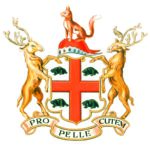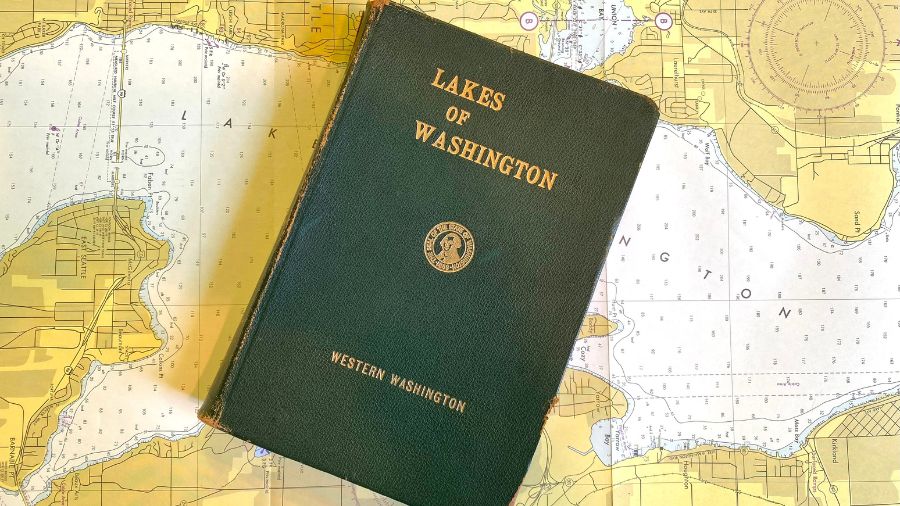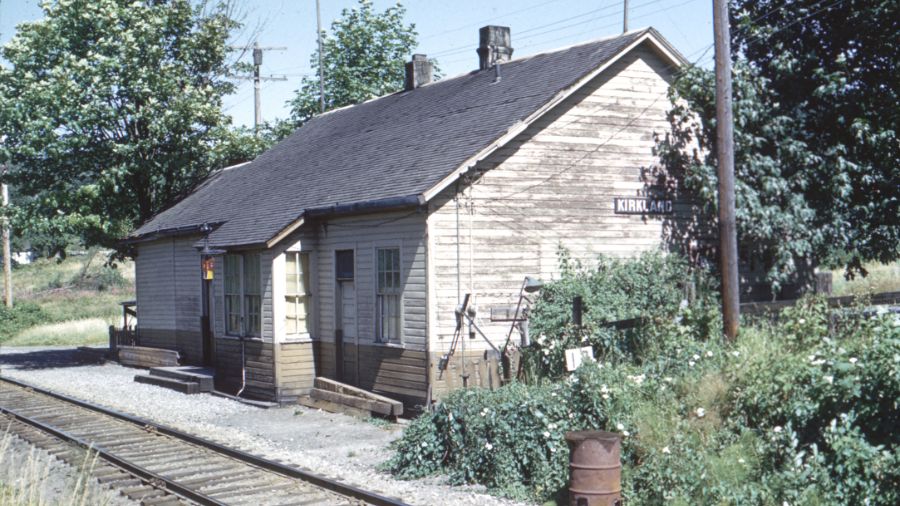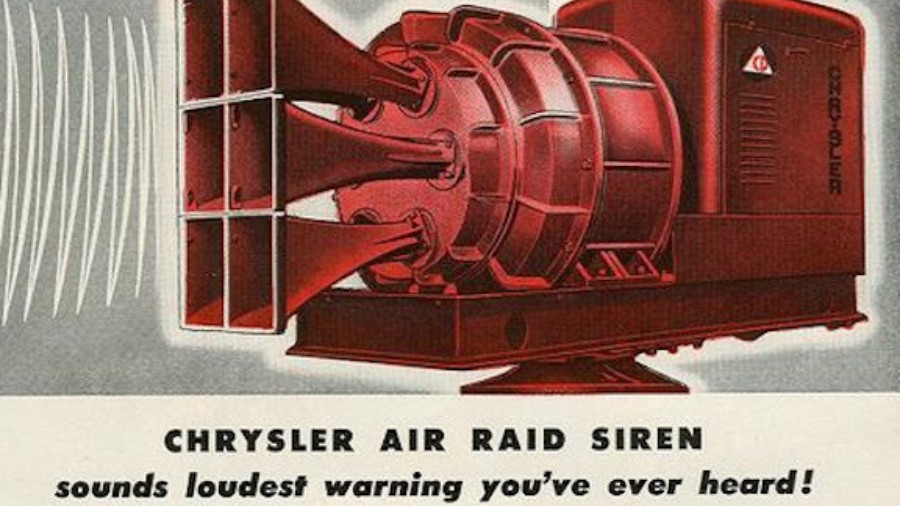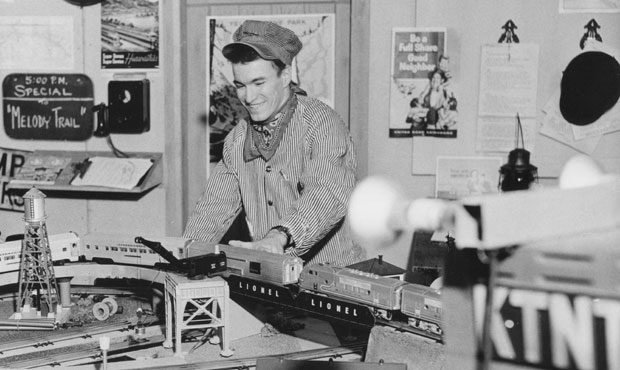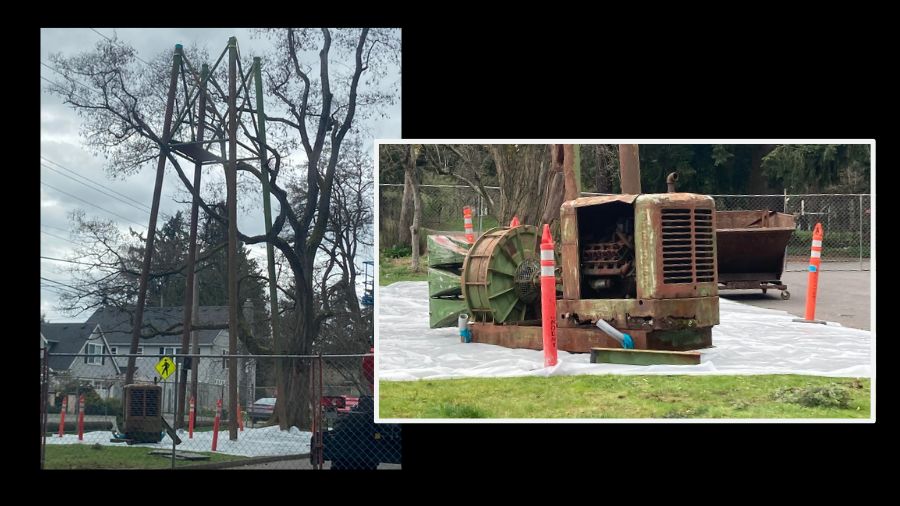Even Amazon wasn’t as powerful as the Hudson’s Bay Company
May 6, 2020, 2:09 PM
“It’s almost impossible to overestimate the importance of the Hudson’s Bay Company,” in the development of what’s now the Pacific Northwest, says David Nicandri, author and former director of the Washington State Historical Society.
“They created the first commercial networks,” Nicandri said. “They had very profound cultural effect.”
While few people in Washington and Oregon, other than historians, likely think of Hudson’s Bay Company (HBC) much these days, they’re still in business in Canada, where they operate the department store known as The Bay. HBC also owns Sak’s Fifth Avenue and Lord & Taylor department store chains in the United States.
They’re also observing their 350th anniversary this week.
The Hudson’s Bay Company was active in what’s now Oregon and Washington from 1821 until 1860. They created a network of trading posts, exported fur to Europe and Asia, and developed the region’s earliest large-scale agricultural operations. As one of the best funded and best organized groups operating here nearly 200 years ago – along with the United States’ military and various missionary arms of Christian denominations – HBC was influential when it came to politics and culture, and relations between Europeans and indigenous people.
Mark Reid is editor-in-chief of Canada’s History magazine, which traces its roots to the Hudson’s Bay Company when it was an in-house publication called The Beaver.
Reid said Hudson’s Bay Company was formally created in London, at the seat of 17th century power, by Royal Charter on May 2, 1670.
Reid described the scene.
“These people in powdered wigs are all together,” Reid said. “They all are very grave and important-looking people. They’re members of royalty, [or] the rich and powerful businessmen in London.”
“In one corner is Prince Rupert, who’s a cousin of King Charles II,” Reid said. “And there’s a piece of parchment on a table and it’s been and crafted with feather pen and ink, and it basically spells out a list of to-dos, requirements, and benefits for a company, brand-spanking new, called the Hudson’s Bay Company.”
The Royal Charter gave the Hudson’s Bay Company the exclusive right to exploit the natural resources of a huge area of North America: all the lands draining into Hudson Bay.
How large an area was this? At the time, no one knew, exactly.
“It could have been only a couple hundred square kilometers,” Reid said. “It actually turned out to be almost two-thirds of the land area of Canada, all the way from Alberta in the west down to Minnesota and North Dakota to the south, and all way to Northern Quebec and up north until the Arctic Circle.”
“They had exclusive right to the fur trade, to sell goods, to extract minerals. And the requirements were they had to build colonies, and they had to search for the Northwest Passage to China, basically, through the Arctic,” Reid said.
The late 17th century was an era when beaver hats were all the rage, so the fur imports to Britain by HBC trappers was profitable for King Charles II, and Prince Rupert, and everyone involved as shareholders in the company.
Expansion to the Oregon Country as a source of fur came in the late 18th century and early 19th century, not by Hudson’s Bay Company initially, but by Americans, such as Robert Gray and, later, the group funded by John Jacob Astor that founded Astoria at the mouth of the Columbia River, and by the French-Canadian Montreal-based North West Company.
The North West Company was a bitter rival of the Hudson’s Bay Company. Ultimately, the rivalry ceased only when the British government intervened.
Just how bitter?
“I’m based in Winnipeg, which was the heart of the HBC headquarters,” Reid said. “Across the river from where I live is a place called Fort Gibraltar, and that was the North West Company fort, and they literally fired shots at each other and would ambush each other if they met in the wilderness.”
HBC and North West Company submitted to a forced merge in 1821, and the new company retained the HBC name.
“HBC woke up one day and had all this stake in your region,” Reid said. “And so they started really focusing on this because … the region had some of the best furs, [and] around where they built Fort Vancouver [in 1825] had some of the best agricultural land.”
“They quickly realized that they could diversify beyond furs, and actually start growing crops and selling them,” Reid added.
It was during this era, from 1818 to 1846, that Americans and British jointly occupied the Oregon Country by treaty. HBC, under the leadership in the west of Governor George Simpson, and in roughly what’s now Oregon and Washington by Chief Factor John McLoughlin, diversified into agriculture as well as shipping along the West Coast and as far as Hawaii. HBC also established numerous other forts and outposts around the Northwest.
Meanwhile, more Americans were arriving and settling in the Willamette Valley, as well as north of the Columbia River. Both British and American interests viewed the settlements and activities of their respective countrymen (and it was mostly men) as key to securing ultimate legal possession of as much of the Oregon Country as possible.
David Nicandri said that the 1840s were the beginning of the end for the Hudson’s Bay Company in what is now Washington state.
“Charles Wilkes was out here in the 1840s, the same time as the pioneers are coming overland, on his epic round-the-world voyage,” Nicandri said, referring to the United States Exploring Expedition, which was led by US Navy Lieutenant Charles Wilkes and spent months charting Puget Sound and the Columbia River in 1841.
“Among his great findings was the high quality of the harbors in Puget Sound, and that’s what focused American statecraft on the idea of settling the border of the Oregon Country on the 49th parallel,” Nicandri said. “At that point, [HBC Governor George] Simpson saw the writing on the wall … and the company moved north of the 49th to Victoria.”
The British and Americans settled on the 49th parallel as the border between the United States and what’s now Canada via treaty in 1846. Though headquarters had moved to Victoria in 1849, representatives of the Hudson’s Bay Company remained at Fort Vancouver, though in much diminished size and scope, until 1860.
One of the key figures in those glory years for HBC at Fort Vancouver was Chief Factor John McLoughlin. He was tall and had shoulder-length white hair, known as the “White-Headed Eagle.” In contemporary accounts, McLoughlin comes across as stately and magnanimous, and also generous to everybody, including American settlers – whose very presence north of the Columbia River was something of a threat to HBC and to British designs on what’s now Washington.
American history books from the 19th century and early 20th century paint McLoughlin as an unlikely hero to American settlers, and he is often called the “Father of Oregon.” By the time the Hudson’s Bay Company had moved its headquarters from Fort Vancouver to Victoria on Vancouver Island, McLoughlin had already parted ways and settled in Oregon City.
Perhaps not surprisingly, Mark Reid said that McLoughlin has a different reputation in Canada than he does in the United States.
“John McLoughlin is a more notorious figure, I think, in HBC than he is someone that is celebrated,” Reid said. “Because he helped open the floodgates by being friendly and making all kinds of friends with the Americans and offering them credit and helping them get established, he actually hastened the end for the HBC in that region.”
“He’s sort of the uncle in the family that no one wants to talk about,” Reid added.
Hearing Reid describe the scope and scale of the Hudson’s Bay Company in its glory years of political and economic power, it begins to feel like there could be some parallels between HBC and how Seattle-based Amazon and its ambitions are sometimes viewed.
“I don’t know,” said Reid, clearly skeptical of the premise. “Here’s the thing: Nobody will be the HBC, right? You can be a retail icon. You can be the biggest selling company, you can be the biggest whatever, but no way will Amazon ever reach the level of impact that HBC had on the growth and development of an entire swath of North America, stretching all the way from the Arctic Circle down to California.”
OK, point taken. If Jeff Bezos has plans to make Amazon as powerful as the Hudson’s Bay Company once was over as large a piece of real estate, he may have to start laying the groundwork to take his business to another planet.
You can hear Feliks every Wednesday and Friday morning on Seattle’s Morning News and read more from him here. If you have a story idea, please email Feliks here.




